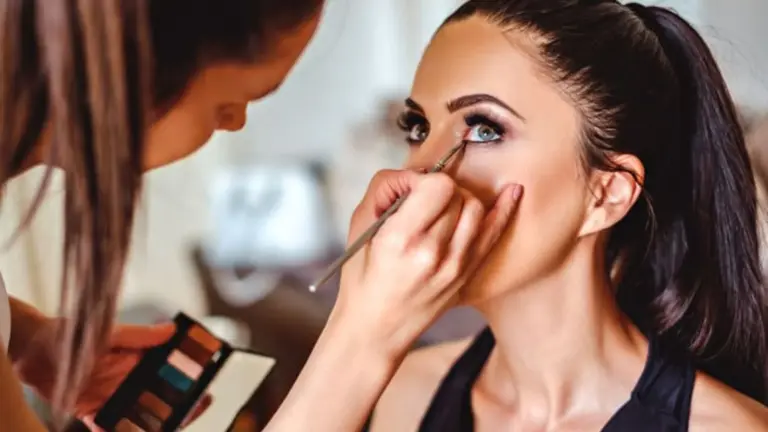Across Africa, beauty brands are turning masterclasses into a powerful tool for engagement, education, and sales. These events—blending hands-on learning with entertainment—are helping global and local brands connect with consumers in a market hungry for immersive beauty experiences.
A New Era of Beauty Engagement
In June, Maybelline (owned by L’Oréal) hosted Glamland, its first-ever beauty convention in Lagos, Nigeria. The event drew 500+ makeup artists, influencers, and enthusiasts for masterclasses led by Nigerian artist Bimpe Onakoya and British-Jamaican TikTok star Mikai McDermott. Alongside tutorials, the event featured panel discussions, interactive booths, and live music—creating a festival-like atmosphere.
Other brands are following suit:
-
Kylie Cosmetics held a masterclass at Arc Store in South Africa.
-
Fenty Beauty hosted an exclusive session at Edgars, another major retailer in the region.
Why Masterclasses Work in Africa
Unlike Western markets, where digital tutorials dominate, African consumers crave in-person, hands-on experiences.
“They want to learn from people they see on TikTok but who feel geographically distant,” said McDermott. “Masterclasses bridge that gap.”
The Shift from Influencers to Professionals
Brands are increasingly relying on professional makeup artists rather than traditional influencers.
“There’s declining trust in influencers,” said Rekia Edu, L’Oréal’s regional marketing lead for Sub-Saharan Africa. “Makeup artists are seen as credible experts, so we’re pivoting to a pro-led strategy.”
To stand out, brands are also flying in international talent—like McDermott, whose Lagos masterclass sold out immediately and boosted sales of Maybelline’s Sunkisser blush and Lifter gloss.
Turning Events into Sales Engines
Smart brands ensure masterclasses drive purchases. Maybelline partnered with Beauty Hut Africa, a top Nigerian retailer, to offer:
-
Exclusive in-store and online shopping during events.
-
Entry perks (e.g., attendees who spent ₦20,000/$13 on products got VIP access).
“In Africa, brands must work with retailers to reach consumers,” said Subuola Oyeleye, Beauty Hut’s founder. “Without local partnerships, they’ll miss their audience.”
Brands are also empowering makeup artists as resellers—offering them discounted products to use on clients or resell, creating a B2B sales channel.
The Future of Beauty in Africa
With a youthful population, rising middle class, and growing demand for global brands, Africa’s beauty market is ripe for expansion. But success requires:
Hyper-localized strategies (no one-size-fits-all approach).
Blending education with entertainment.
Leveraging trusted professionals over influencers.
“Consumers want value beyond just buying lipstick,” McDermott noted. “They want skills, access, and connection.”

